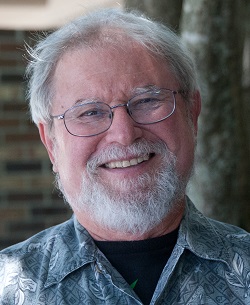Craniosacral Therapy is a holistic approach to healing in that it recognizes and works with the deep connections between mind, body and spirit. Craniosacral Therapy is an extremely gentle technique that allows the practitioner to feel the subtle movements of the craniosacral rhythm. The craniosacral rhythm is the ebb and flow of the cerebrospinal fluid in the membrane surrounding the brain and spinal cord. Although the practitioner may be able to feel this rhythm more easily in the cranial bones and the sacrum, the craniosacral rhythm flows out into all parts of the body.
The intention of Craniosacral Therapy is to support the body’s ability to self-heal and self-regulate thereby allowing the body to release physical, mental or emotional tension patterns from within. It allows your body to come back into its natural balance.
There are many benefits of Craniosacral Therapy, including improved nervous system function, increased circulation, musculoskeletal improvement as well as emotional healing. There can be a strong calming effect on the nervous system, allowing for the relief of many stress-related conditions, such as anxiety, insomnia or depression. Increased circulation has full body effects, including a boost in energy levels, less pain and enhancement of immune function. The release of tension, chronic or acute, aids in healing musculoskeletal pain and injury. Because emotions can be strongly tied to physical tension in the body, when tension is released, profound emotional healing can take place.
In a treatment session, you will lie fully clothed on a massage table. The practitioner uses less than a nickel’s weight in pressure and will start by placing their hands on your body and listening to the craniosacral rhythm. According to your needs that particular day, the practitioner will move to other parts of your body, such as your ribs, shoulders, feet, sacrum, spine, cranial bones or neck. Sensations will vary. You may feel warmth or a sensation of pulsing, tightening or relaxing. You may notice a feeling that your body is sinking or floating. You may experience a dream-like state. For many, these treatments are profoundly relaxing.
For further reading:
http://www.craniosacraltherapy.org
http://www.upledger.com
http://www.milneinstitute.com
